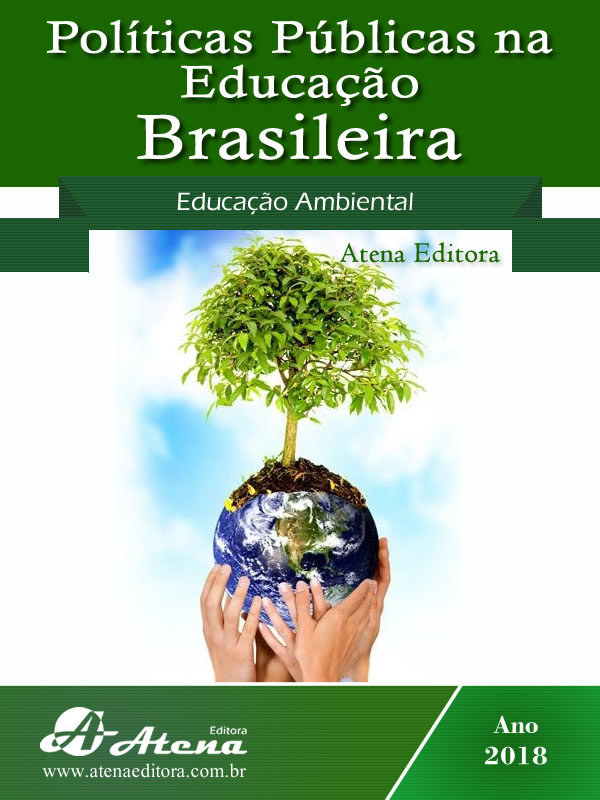
PERCEPÇÃO DOS PROFESSORES DOS ENSINOS BÁSICOS E MÉDIO SOBRE A CONTRIBUIÇÃO DA EDUCAÇÃO NA FORMAÇÃO DO ALUNO-CIDADÃO
A Educação ambiental (EA) vem sendo considerada um novo e grande
desafio pelos professores do ensino básico e médio, em virtude da formação
inadequada ou a falta de capacitação continuada dos mesmos. Atualmente a EA está
voltada não somente para a discussão de conhecimentos científicos, mas também
para o conhecimento político-social, que promovem a formação de um aluno crítico
e cidadão. Diante deste cenário, o presente trabalho teve por objetivo mostrar qual
a percepção dos professores que lecionam no ensino básico e médio sobre a EA, e
como esta contribui para a formação de um aluno cidadão. Foi utilizado um
questionário, que foi aplicado a um grupo de 10 professores contendo questões
sobre a formação do professor e como este trabalha as questões ambientais em
suas disciplinas. Dentre os entrevistados, percebeu-se que mesmo alguns dos
docentes não eram formados na área na qual ensina, o que em alguns casos dificulta
uma discussão mais ampla sobre as questões ambientais com os alunos, o que torna
o ensino de EA um grande desafio para os professores. Porém, embora com
dificuldades observou-se que os docentes entrevistados tem uma preocupação com
o meio ambiente e, por isso utilizam a contextualização como ferramenta para trazer
os conteúdos de EA para a realidade do aluno, o que permite a discussão dos
problemas sociais encontrados na escola e nas comunidades. Deste modo, garantese
a apresentação e discussão do conhecimento especifico como também a
formação de um aluno cidadão e crítico, capaz de atuar nos problemas ambientais.
PERCEPÇÃO DOS PROFESSORES DOS ENSINOS BÁSICOS E MÉDIO SOBRE A CONTRIBUIÇÃO DA EDUCAÇÃO NA FORMAÇÃO DO ALUNO-CIDADÃO
-
DOI: Atena
-
Palavras-chave: EA, formação docente, formação do aluno.
-
Keywords: Environmental education, teacher training, student training.
-
Abstract:
The Environmental education (EA) has been a major new challenge for
basic and average school teachers, because of the inadequate training or lack of the
continuous training. Currently EA is focused not only on the discussion of scientific
knowledge, but also on socio-political knowledge, which promotes the formation of a
critical student and citizen. In view of this scenario, the objective of this study was to
show the perception of the teachers who teach in basic and average education about
EA, and how this contributes to the formation of a student citizen. A questionnaire
was used, which was applied to a group of 10 teachers containing questions about
teacher education and how this works as environmental questions in their subjects.
Among those interviewed, it was noticed that even some of the teachers were not
trained in the area in which they teach, which in some cases makes it difficult to have
a broader discussion about environmental questions with the students, which makes
teaching EA a great challenge for the teachers. However, although difficulties have
been observed, the teachers interviewed have a concern with the environment and,
therefore, use contextualization as a tool to bring the contents of EA to the student's
reality, which allows the discussion of the social problems found in the school and in
communities. In this way, the presentation and discussion of the specific knowledge
is guaranteed, as well as the formation of a citizen and critical student, capable of
acting on environmental problems.
-
Número de páginas: 15
- Paloma Lourenço Silveira de Araújo
- Jose Ijaelson do Nascimento Junior
- Ana Paula Freitas da Silva
- PALOMA LOURENÇO SILVEIRA DE ARAUJO


